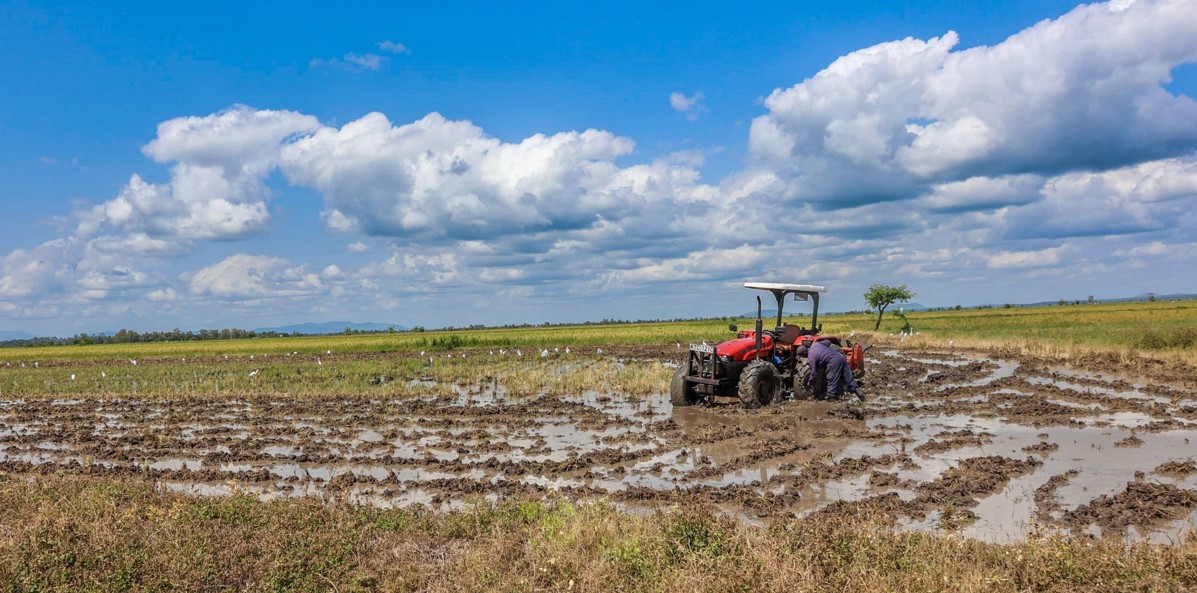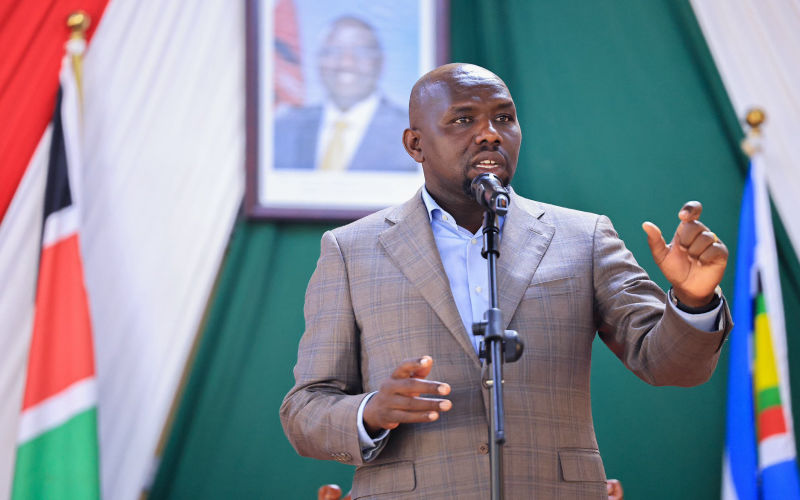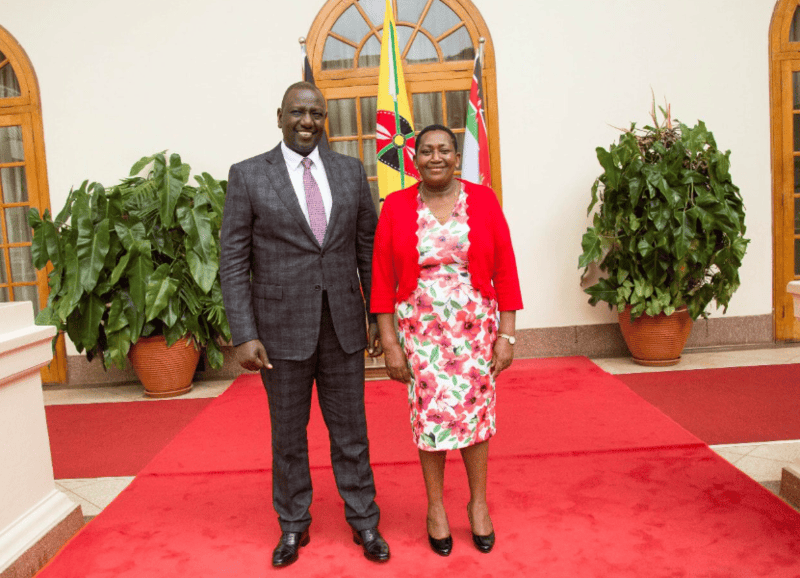African Union urges members to make bold decisions to transform agricultural sector

Moses Vilakati said issues such as climate shocks, food price volatility, and disrupted value chains are testing the resilience of systems and the resolve of African leadership.
The African Union (AU) on Friday called on members to make deliberate and bold decisions to address the challenges hindering the growth of the agricultural sector across the continent.
Moses Vilakati, AU commissioner for agriculture, rural development, blue economy, and sustainable environment, said issues such as climate shocks, food price volatility, and disrupted value chains are testing the resilience of systems and the resolve of African leadership.
More To Read
- Over 31,000 schools equipped with farming tools, as 4K Clubs revived to foster agricultural skills countrywide
- Turkana engages farmers, stakeholders on draft agricultural policy which seeks to boost farming
- EAC, SADC agree on unified framework to speed up peace process in eastern DRC
- Sudan gripped by deadly crisis as hunger, disease and heat intensify
- UN warns of rising hunger across Africa
- IGAD experts warn of policy gaps undermining Africa’s push to end hunger, poverty by 2025
"But I stand before you not with despair, but with renewed hope and a clarion call to action," he said at the opening of a Common Market for Eastern and Southern Africa meeting of ministers responsible for agriculture, natural resources, and environment held in Lusaka, the Zambian capital.
Vilakati emphasised that the blueprints for food systems, livestock health, fisheries, and market regulation must evolve from fragmented national priorities into integrated, continental value chain ecosystems.
He urged AU members to confront the challenges by harmonising trade and regulatory protocols, reducing non-tariff barriers, and shifting from project-based interventions to sustainable institutional mechanisms such as regional food balance sheets and strategic grain reserves.
He also stressed the importance of treating climate resilience not as a separate sector, but as the fundamental lens through which to design all future agricultural, water, and energy systems.
Reuben Phiri, Zambia's minister of agriculture, echoed the call for action, urging countries to prioritise boosting productivity by accelerating the adoption of climate-smart agriculture, expanding irrigation, and removing systemic barriers.
He also called for renewed commitment to the Comprehensive Africa Agriculture Development Program, which he described as the blueprint for agricultural transformation on the continent.
Phiri underscored the need to involve the private sector and empower smallholder farmers, who form the backbone of Africa's agricultural sector.
Top Stories Today













































